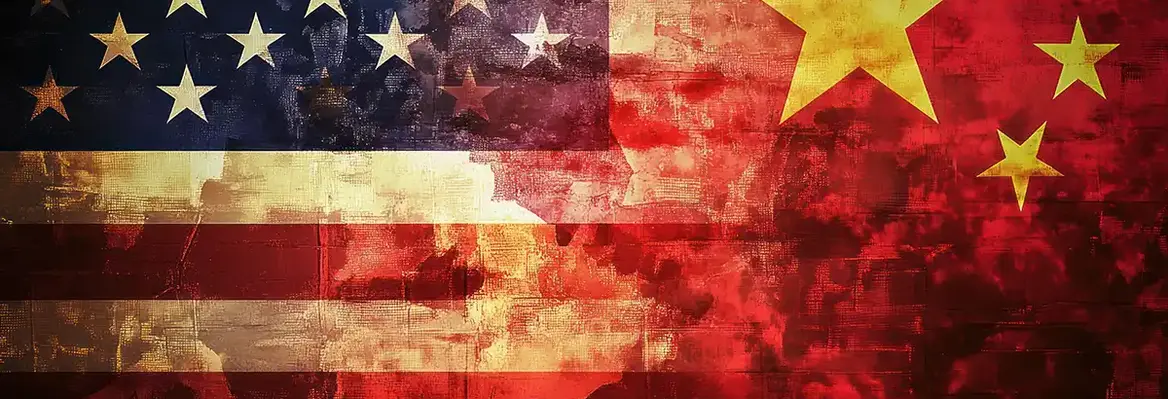The US-China rivalry runs deeper than trade wars and military posturing—it’s a clash of archetypes. America worships the Hero: the lone warrior chasing glory, battling rivals, and turning politics into spectacle. China, by contrast, venerates the Father: the steady ruler who prizes order, care and stability. Chinese philosopher Bella Pei Wang argues that these ancient archetypes still shape power in both societies—and that their excesses drive both nations’ dysfunction. To escape the cycle of conquest and control, she says, the world’s superpowers must rediscover a neglected force in politics: the feminine values of intuition and cooperation.
The rivalry between the United States and China is not only about economic and military strength. It is also rooted in contrasting leadership styles. This contrast can be seen as a confrontation between two archetypes, described by the psychologist Carl Jung: the Hero and the Father. The United States tends to generate Hero-type leaders, while China leans toward Father-type leadership.
Ancient Greek culture offers a vivid source narrative: in the Iliad, Achilles represents the Hero archetype—seeking glory through war—while Hector represents the Father archetype—centered on family, city, and duty. The tension between kleos (everlasting fame) and nostos (return to home and family) is embedded in the epic tradition, giving priority to the Hero paradigm in the West. By contrast, shaped by Confucian tradition, China elevates the “ruler-father” ideal, built around humaneness, order, and care.
Intense two-party conflict and online mutual defamation revive the mythic script of the “hero-versus-dragon” battle: when leaders over-identify with the Hero archetype, they may project rivals as “dragons” that must be defeated
These archetypes are not all-or-nothing. American political culture has sometimes produced father-like features, such as Franklin D. Roosevelt’s fireside chats, and President Obama manifested eloquence and intellectual brilliance above all else (though perhaps his most popular achievement was the killing of Bin Laden). In the Chinese case, the self-proclaimed First Emperor Qin Shihuang (259–210 BCE) embodied the Hero archetype by virtue of success in war. Chairman Mao did the same, but his power was subsequently legitimized by such popular sayings as “My father and my mother are not as dear to me as Chairman Mao,” which better fit the Father archetype. In short, such counter-archetypes to the mainstream political cultures of China and the US are rarely sufficient for long-lasting legitimacy in the eyes of their respective populations.
The US electoral system—its four-year cycles and midterms—pushes leaders to emphasize personal excellence, seek attention, and chase accomplishments, reinforcing a structural preference for the Hero archetype. Intense two-party conflict and online mutual defamation revive the mythic script of the “hero-versus-dragon” battle: when leaders over-identify with the Hero archetype, they may project rivals as “dragons” that must be defeated to prove their heroic identity, thereby justifying hardline actions. Policymaking can drift toward extremes to mark clear differences from opponents, as in the aggressive tariffs and immigration measures brought in by President Trump. Psychologically, arrogant blindness may appear, with leaders denying limits and dismissing reasonable advice. Relatedly, there is the puer aeternus (eternal boy) tendency: those who over-identify with the heroic journey often resist ending their moment of glory and struggle to face departure and mortality, which can delay leadership transitions.





















Join the conversation